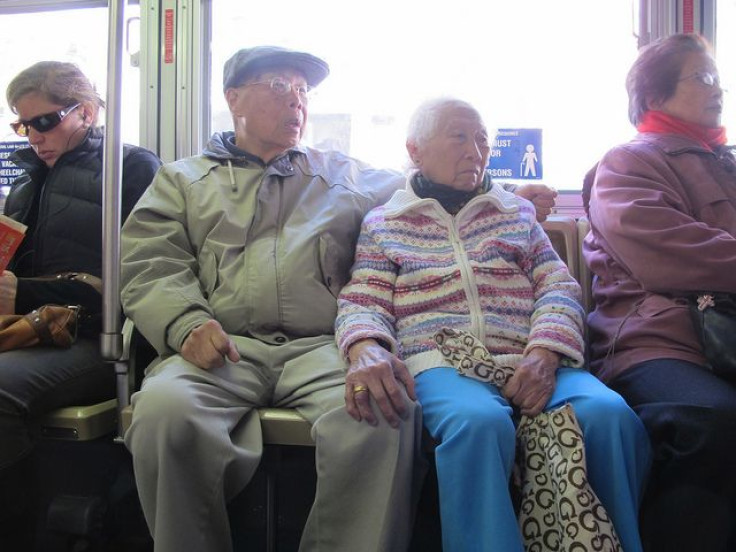Free Bus Passes May Sustain Health in Seniors, Study Says

For seniors, several cities offer reduced-fare bus passes. However, new research suggest if seniors, aged 60 and over, are offered free bus passes it may encourage older people to be more physically active.
Researchers from Imperial College London, discovered that individuals with a bus pass are more likely to walk frequently and take more active journeys, such as walking, cycling or using public transportation. According to researchers, maintaining physical activity helps sustain mental well-being, mobility and muscle strength in older people. It also reduces their risk of cardiovascular disease, falls and fractures.
Prior research has demonstrated 15 minutes of moderate daily exercise is linked to a 12 percent lower risk of death in individuals 60 and over. A following study found 19 percent of adults in Britain receive their recommended amount of exercise through active travel alone.
Several public health organizations believe exercises such as walking to and from the bus stop play a critical role in maintain health and keeping people fit. In 2006, England began to provide individuals 60 and older with free local bus travel. On weekdays seniors are allowed to travel for free after 9:30 am, all day on weekends and public holidays.
However, there are individuals who are against free bus passes for the elderly. Free bus passes cost tax payers nearly £1.1 billion a year. Opponents believe the theory should be tested or legislation should do away with the initiative. To counter the opposition's opinions, researchers stated free bus passes reduce the social exclusion among older people and ensure access to travel for those who are living on a limited income.
"Given the need to encourage older people to be physically active, it's good news that the provision of free bus passes seems to be having a positive impact," said Sohpie Coronini-Cronberg, from the School of Public Health at Imperial College London, who led the study.
Coronini-Cronberg and her colleagues, examined data from the National Travel Survey collected between 2005 and 2008. The results included responses from participants 60 and older. Nearly 17,000 individuals participated in the survey. Between the years of 2005 and 2008 the amount of individuals with a free bus pass rose from 56.8 percent to 74.7 percent.
Additionally the survey demonstrated the biggest factor linked to not using active travel was access to a car. Individuals in the urban communities are more likely to use active transport compared to those in a rural town.
The study was published in the American Journal of Public Health.



























